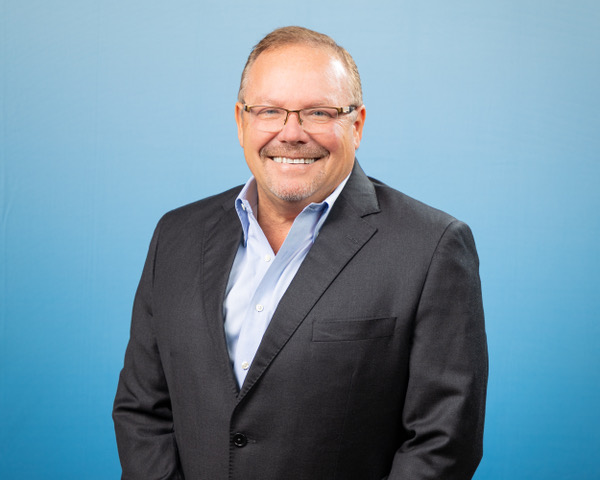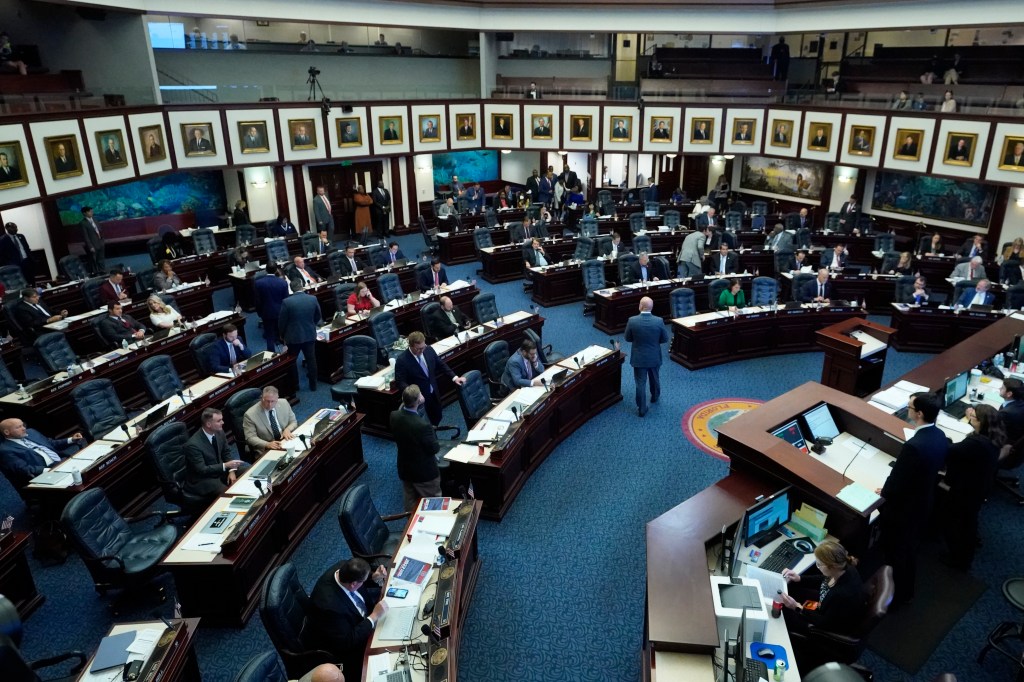Last month, Gov. Ron DeSantis and Insurance Commissioner Mike Yaworsky announced a 6.5% auto insurance rate decrease from Progressive, along with $1 billion in refunded premiums. Yes, you heard that right — our governor, working with conservative leaders in the Florida Legislature like Broward County’s own state Rep. Chip LaMarca, secured $1 billion to put back into the pockets of hardworking Floridians. This is just the most recent win for Floridians when it comes to home and auto insurance reform that directly benefits us all.
One of my opponents in the 2026 Republican primary for Broward County’s House District 100, Yoni Anijar, recently wrote about rising insurance costs in the Sun Sentinel, but he didn’t acknowledge the significant progress this administration and current legislators have made to bring costs down in significant ways. Along with Progressive, other insurance carriers have proposed rate decreases, such as State Farm, which lowered its auto rates by 10% in 2025 and just announced it will issue another 10% decrease in 2026.
 Eric Stelnicki is a Republican candidate for Florida House District 100. (courtesy, Eric Stelnicki)
Eric Stelnicki is a Republican candidate for Florida House District 100. (courtesy, Eric Stelnicki)
On the property insurance side, Florida has seen the lowest rate increase of any state in the country this year. While many other states continue to face large increases, Florida is attracting more companies by enhancing competition, not over-regulating. In fact, following the 2023 reforms, 33 companies have filed rate decreases for property insurance.
Prior to those 2023 reforms, Florida accounted for only 8% of all U.S. homeowners’ insurance claims but 76% of lawsuits against homeowners’ insurance companies. Litigation was out of control with no sign of slowing.
Trial lawyers — not “sophisticated, organized criminal enterprises” as suggested by Anijar — accounted for the runaway costs associated with the mountains of excessive litigation. With a one-way attorney fee statute, the unscrupulous had nothing but an incentive to file suit against insurance companies, and the worst offenders filed thousands of lawsuits annually to keep their cash registers ringing. The system was broken and in need of serious repair.
When HB 837 passed in the 2023, comprehensive litigation reform put commonsense guardrails on attorneys’ fees to combat the out-of-control litigious environment. The one-way attorney fee statute was eliminated, and increased transparency and notice requirements were put in place, meaning more concrete grounds were required for filing lawsuits. These reforms brought balance and common sense back to the marketplace, prioritizing consumers, not special interests.
According to the Florida Office of Insurance Regulation, 17 new property and casualty insurance companies have entered the Florida market and opened for business as a result. Even better, rates are declining, with dozens of companies filing for more than 150 rate decreases or 0% increases. Additionally, Citizens Property Insurance Corporation has been shedding policies to private carriers, something only possible if market rates were becoming more competitive. None of these positive trends would be possible if the 2023 reforms were not pushing Florida in the right direction.
Florida is off to a good start when it comes to lowering insurance costs, but more can be done to help the situation improve.
First and foremost, we have had major legislative wins and must not let them be undone. We cannot elect people who would overturn the tort reforms that are currently helping Florida’s families and businesses.
PIP repeal is currently being discussed, which would raise the minimum required insurance for all Floridians. Now is not the time to increase these requirements.
Competition. On this, Anijar and I agree. We must foster a legislatively friendly environment for new companies to enter. Insuring Florida is already difficult with the constant threat of natural disasters. We must not make it harder by adding unnecessary or excessive regulatory burdens.
Finally, require disclosure of third-party litigation financing, so we know who is funding and benefiting from lawsuits. Few know about the practice of investors buying interests in lawsuit outcomes. This practice is currently driving up claims costs and insurance rates. We should require full transparency about all parties involved and any conflicts of interest.
There is more work to do, and it is critical to fight for solutions based in reality instead of theory. We must recognize the success of our current elected representatives who have created a proven path forward with wise regulatory decisions, and continue building on the steps they have taken to solve this problem.
Eric Stelnicki is a Republican candidate for Florida House District 100.

